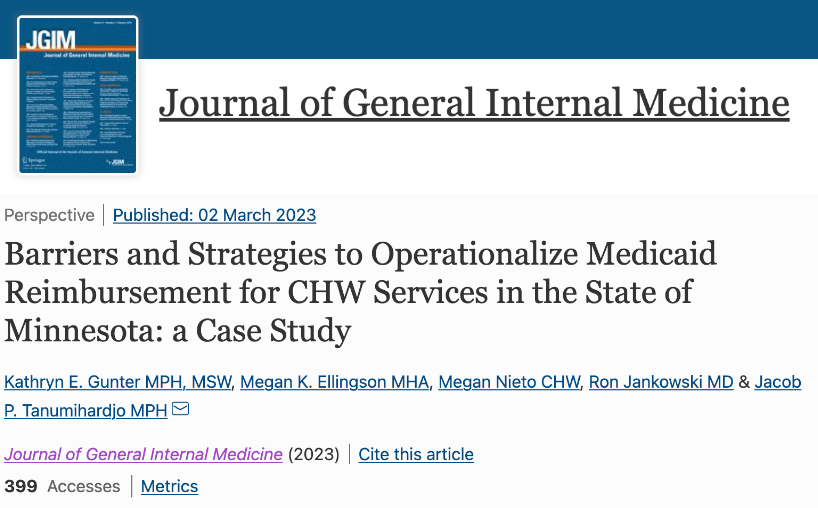
Leafy green vegetables are among the most nutrient dense foods available to us, providing a powerhouse of vitamins, minerals, fiber, and antioxidants that enhance our bodies and minds in countless ways. According to the U.S. Department of Agriculture, studies have shown that eating 2 to 3 servings of green leafy vegetables per week may lower the risk of stomach, breast, and skin cancer. But some nutritional experts recommend eating greens every day because in addition to reducing the risk of some cancers, greens can lower the risk of heart disease and stroke, boost our immune system, and slow our metabolism. Research suggests leafy greens may also help slow cognitive decline, according to the Harvard Medical Publication.
Many cultures around the world have a rich history of eating specific greens that is often rooted in cultural, religious, and environmental factors. Here in the U.S., greens often get a bad reputation as “rabbit food.” There is some truth to that, but because they are so nutrient rich, exploring delicious ways of cooking with a variety of leafy greens can make eating them an adventure! The list of leafy greens is long including: romaine, arugula, spinach, chard, kale, mustard greens, turnip greens, collard greens, Bok choy, iceberg lettuce, watercress, beet and turnip greens, cabbage, and endive.
Today’s sautéed greens recipe has great flavor and includes nutritious spices and miso; a fermented soy bean paste used a lot in Japanese cooking. Also included are ways to add greens multiple times a day.
Garlic Greens Sauté
(from How Not to Die Cookbook by Michael Greger, M.D.)
½ cup vegetable broth or water
3-4 garlic cloves, minced
1 teaspoon dried basil
½ teaspoon dried oregano
½ teaspoon red pepper flakes
2 teaspoons white miso paste
10 to 12 ounces dark leafy greens, tough stems removed, then chopped
Ground black pepper

Combine the broth, garlic, basil, oregano, and red pepper flakes in a large pot and bring to a boil over medium-high heat. Lower the heat to medium and cook for 1 minute to soften the garlic. Stir in the miso and then add the greens, cooking until they wilt, 2 to 6 minutes depending on the type of greens. Serve hot sprinkled with black pepper to taste.
Note: If you wish, transform this recipe into a main dish by adding about 2 cups of cooked white beans and serve over quinoa or rice, or tossing with pasta.
Other ways to enjoy greens:
- Add raw greens to a smoothie.
- Sauté them with garlic, raisins, or nuts.
- Add them to a soup.
- Puree them into a dip or sauce
- Braise them and drizzle with balsamic vinegar.
- You can grow microgreens all year round by planting microgreen seeds in pots near a window. Microgreens contain up to 40% more phytochemicals than their full-grown counterparts.
- Grow your own power packed sprouts using sprouting seeds and mason jars.




